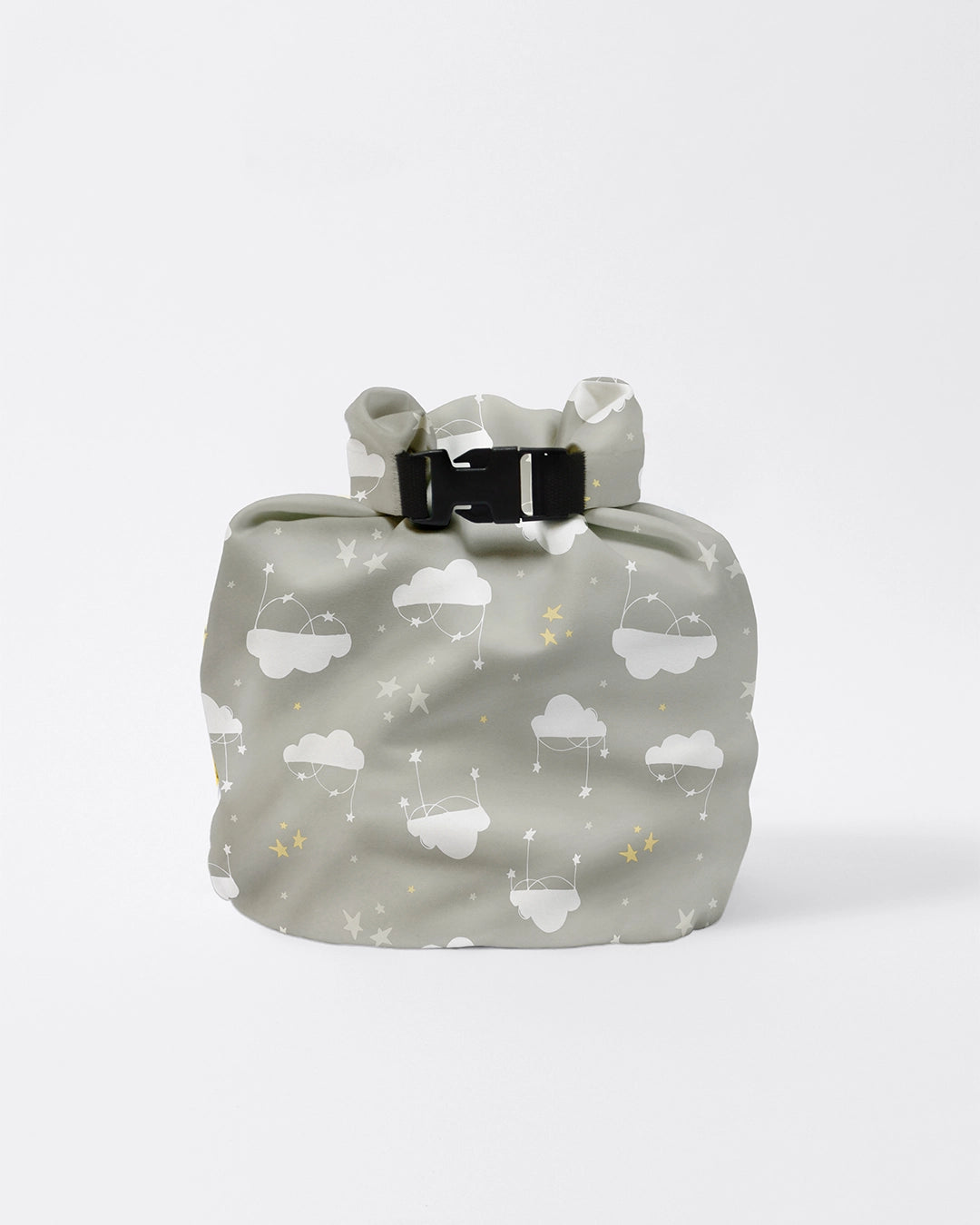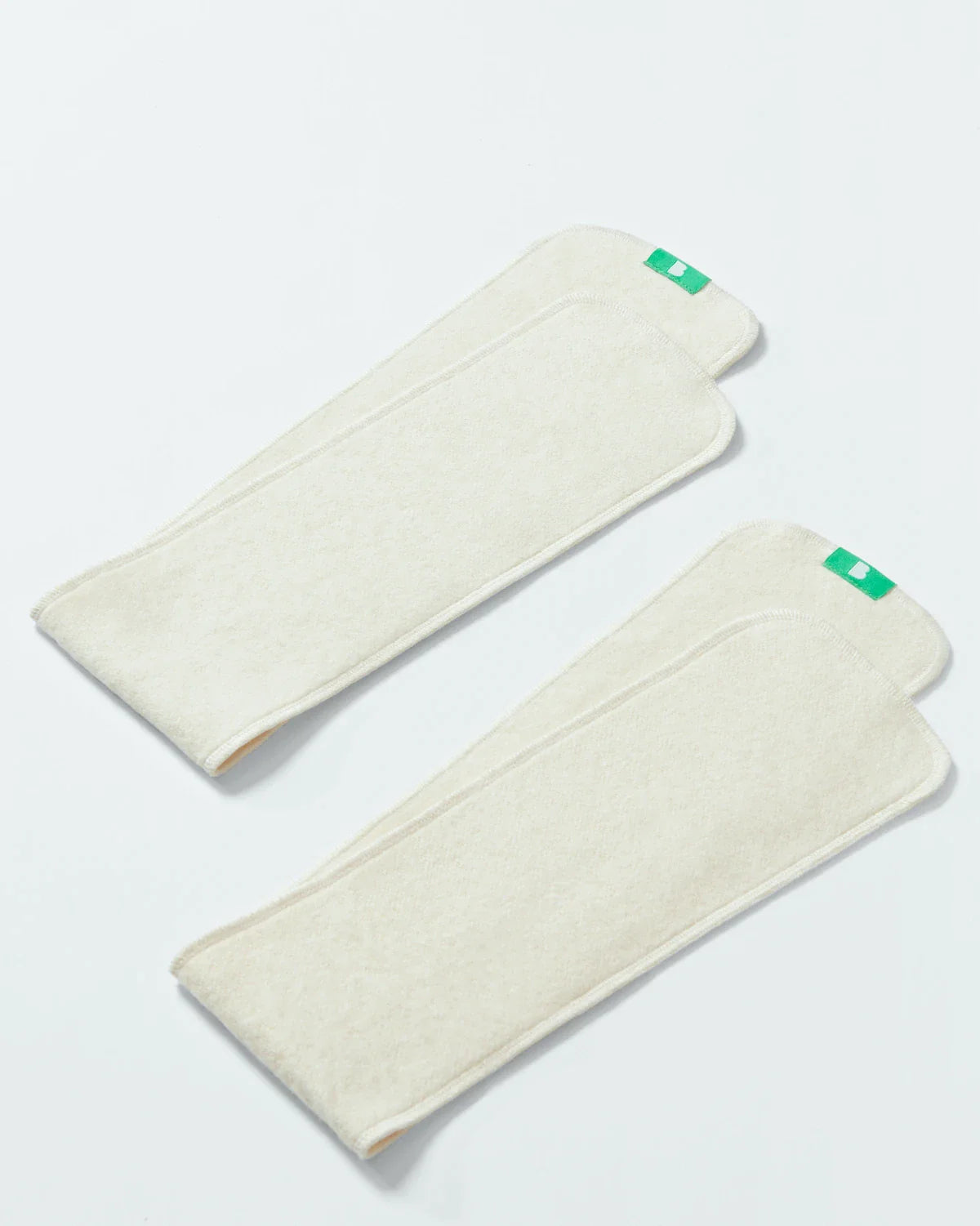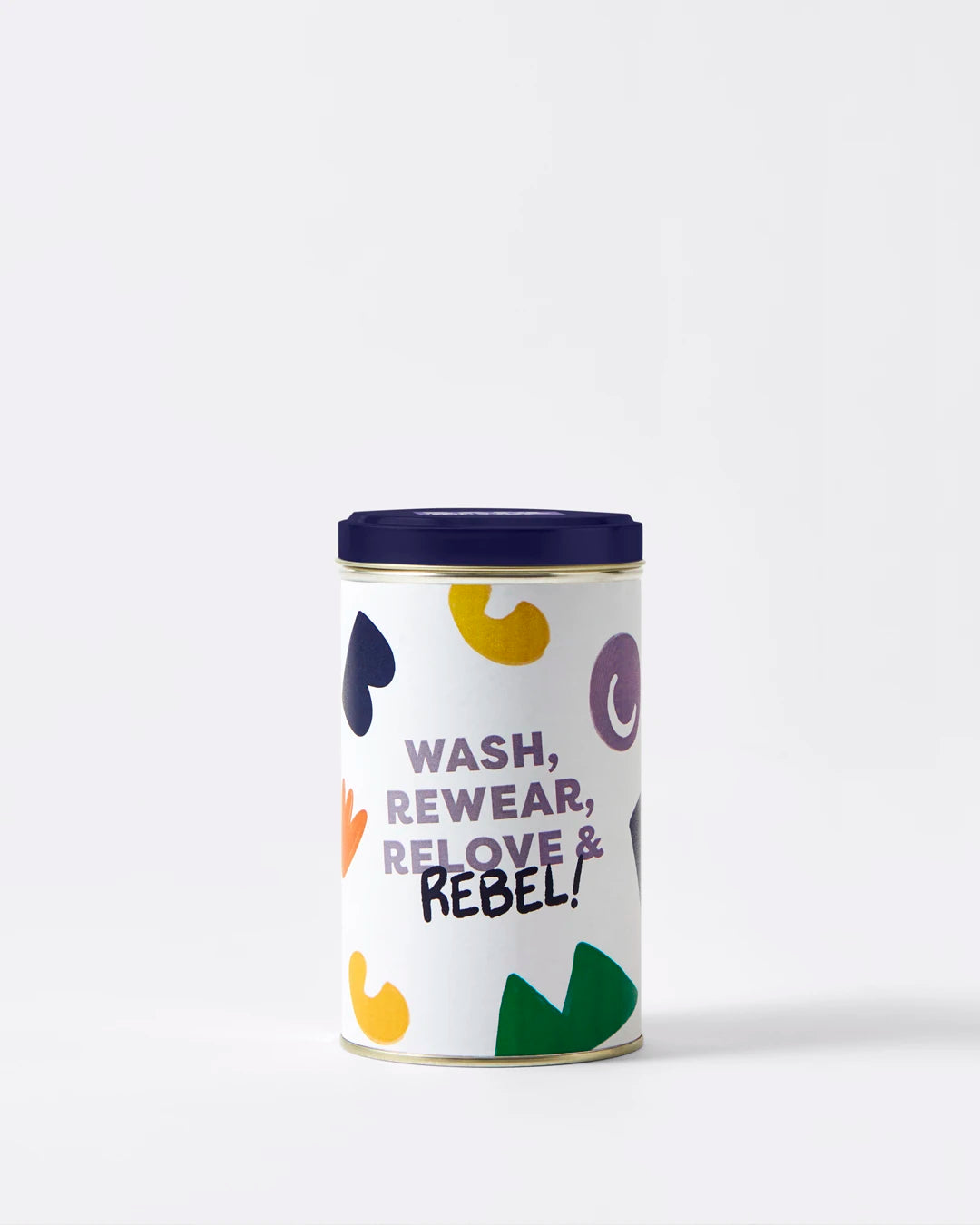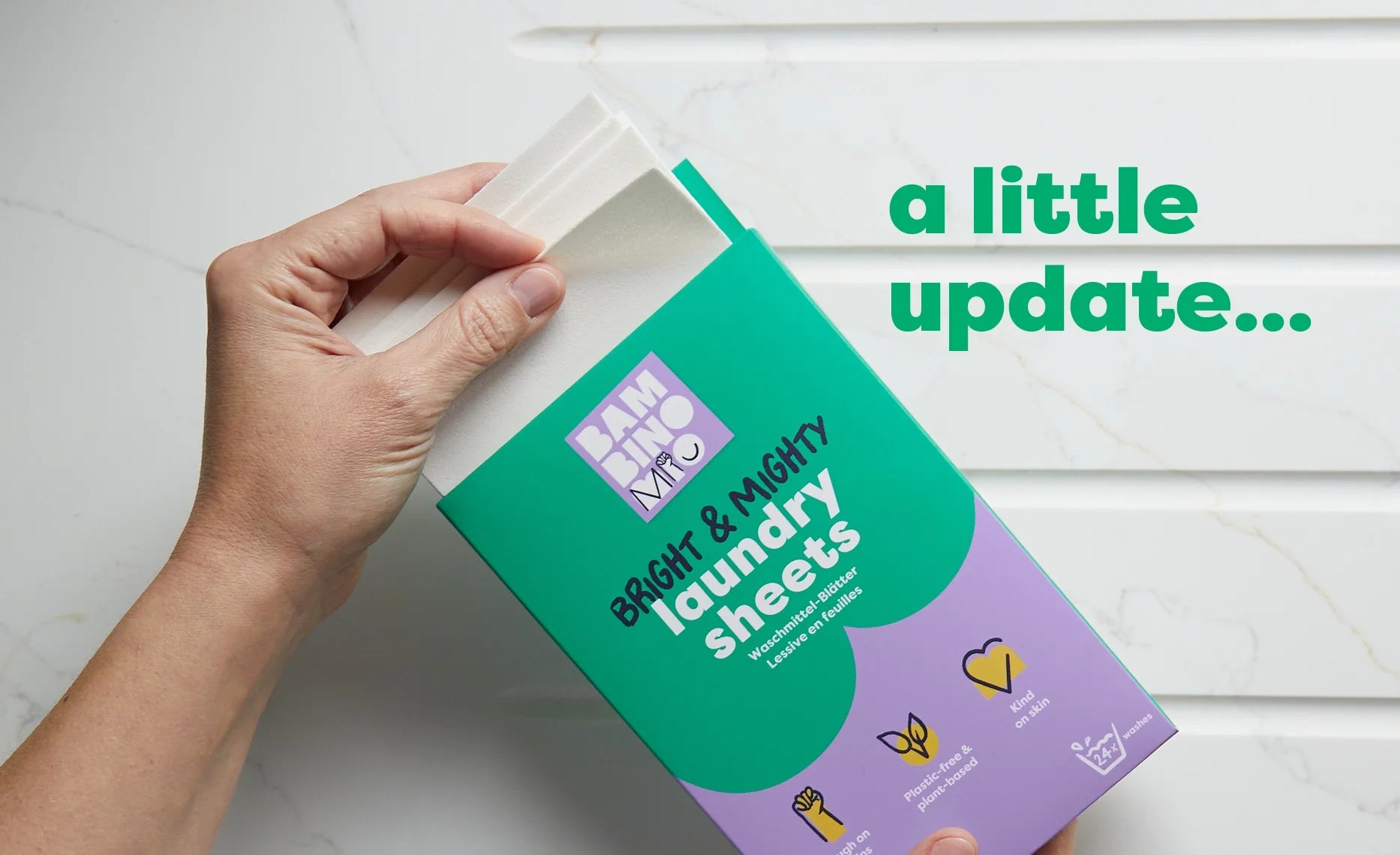Nutritional Requirements in First Year
Share Options
- Bambino Mio
- 29 / 09 / 2023

For your attention: The nutritional information within this article is intended solely for general informational purposes. It is not to be considered as a replacement for tailored medical advice from a certified healthcare professional. It is imperative to consult with your paediatrician or a qualified medical expert before introducing new food items such as fish or nuts into your infant's dietary regimen, especially if there are pre-existing health concerns or a familial history of allergies.
Inside this Article:
- Your Baby’s Nutritional Requirements in Their First Year
- How much should my baby be eating?
- Think in terms of weeks, not days
- How much should my newborn to six-month-old baby eat?
- How much should my seven to 12-month-old baby eat?
- What are the main nutrients my baby needs in their first year?
- Protein
- Calcium
- Whole grains and complex carbs
- Vitamins A, B, C and E
- Fats
- Iron
- Omega-3 fatty acids
- Fluids
- I’m worried my baby isn’t eating enough, what should I do?
- Citations and References
Your Baby’s Nutritional Requirements in Their First Year
For the first six months of your baby’s life, they’ll be content - more than content, in fact - with breast milk or infant formula. This is one of the best things about small babies - they might keep you awake at night, but they’re easy to please!
When it’s time for weaning (1), however, you might worry about whether or not your baby is getting enough solid foods to eat and if you’re giving them the right sorts of food.
How much should my baby be eating?
For the first few months of weaning, milk will still be your baby’s primary source of calories and nutrients, so you don’t need to worry if your baby has a day or two of not eating much solid food.
You might find that they eat everything you put in front of them one day and then reject everything the next and you also might find that your baby's appetite increases before growth spurts and then tails off a little.
All you need to make sure of is that your baby is trying a bit of everything and is still following their own growth curve (2). Take your baby to your health visitor every couple of weeks or so to monitor this and as long as your baby is keeping up with the growth charts, there’s nothing to worry about.
Think in terms of weeks, not days
Your baby might want nothing but mashed avocado one day, pitta bread the next, then blueberries, followed by cottage cheese the following day. Over the week, that’s most of the food group bases covered; add in all the milk they’ll still be guzzling and it’s all good.
How much should my newborn to six-month-old baby eat?
Of course, all babies vary slightly, but on average, babies follow this sort of schedule (3) when it comes to the amount of milk they have each day:
- Newborns will eat from 15ml (0.5fl oz) to 90ml (3fl oz) every two or three hours throughout the day
- One-month-old babies will be eating 90-120ml (3fl oz to 4fl oz) every two to four hours throughout the day
- Two-month-old babies and three-month-old babies may eat 120-150ml (4fl oz to 5fl oz) of milk every three to four hours during the day
- Four-month-old babies often eat between 120ml and 180ml (4fl oz and 6fl oz) of milk every four or five hours during the day
- By the age of five months, your baby will probably be drinking 180ml to 210ml (6fl oz to 7fl oz) every four or five hours throughout the day
- By six months of age, your baby will be drinking 210ml to 240ml (7fl oz to 8fl oz) every four or five hours during the day and they may also be on small amounts of cereals, fruit and vegetables
How much should my seven to 12-month-old baby eat?
Even after weaning starts at around six months, your baby will still get most of their calories and nutrients from milk, but they’ll be increasing the amount of solid food they eat each day. A typical daily intake for a seven to 12-month-old baby is (4):
- Seven and eight-month-old babies will take in between 700ml and 1,000ml (24fl oz and 36fl oz) of milk, 60-120g of cereals, fruit and vegetables and 15-90g of proteins each day
- Nine and ten-month-old babies will eat between 700ml and 900ml (24fl oz and 30fl oz) of milk a day as well as 60-120g (2-4oz) each of grains, fruit and vegetables and protein foods
- 11-month-old babies will be eating between 480ml and 700ml (16fl oz and 24fl oz) of milk each day, as well as around 100-120g each of grains, fruits and vegetables, dairy products and protein foods
- 12-month old babies will drink up to 700ml (24fl oz) of milk a day, as well as water and around 120g (4oz) each of grains, fruits and vegetables, dairy products and protein foods
What are the main nutrients my baby needs in their first year?
Your baby needs a wide range of nutrients to thrive and grow and while milk gives them everything for the first six months, they’ll need to broaden their diet in order to get everything they need.
Protein
Throughout their first year, your baby will be getting all and then most of the protein they need, but as weaning progresses they’ll need more protein-rich foods such as tofu, chicken, eggs and other meats.
Calcium
Breast or formula milk will give your baby all the calcium (5) they need for their first year, but you can start adding leafy vegetables and/or dairy products to give them a boost and to expand their palate. Plus, cheeses are also full of protein.
Whole grains and complex carbs
Many breads and cereals are fortified, so you’ll be adding extra vitamins and minerals to your baby’s diet. Offer your baby cereals (or bite-size cereal pieces if you’re using baby-led weaning), wholewheat bread, brown rice and pasta - most babies love these fun foods!
Vitamins A, B, C and E
These vitamins help to develop your baby’s nervous system, their eyes, skin and immune system. Also known as the “rainbow” vitamins, you’ll find them in brightly coloured foods (6) such as green vegetables, melons, tomatoes, peppers, carrots and blueberries, as well as in grains and cereals.
Fats
Your baby will be getting most of their fats and cholesterol (7) from their milk, but as they transition away from milk to a more varied diet, you need to make sure it contains enough fats and cholesterol. Foods like dairy products, avocados and yoghurts, as well as olive oil, help to keep levels up.
Iron
Your baby will be born with a store of iron (8) and most infant formulas have added iron, but if your baby is breastfed, their iron stores will be running low by the time they’re six months old.
You can find iron in fortified and whole wheat breads and cereals and other iron-rich foods including meats and eggs.
Omega-3 fatty acids
These fatty acids, which include DHA (9), are essential for your baby’s eye and brain development as well as for their growth. Breast and fortified formulas are rich in these compounds, but once your baby starts to expand their diet, oily fish, grass-fed meats, eggs and tofu will give them what they need.
Fluids
For the first six months of their life, your baby gets pretty much all the fluids they need from milk, but as they reduce their milk intake and start eating more solids, they’ll need to get their fluids from elsewhere.
You can start introducing sips of water at meal times and in between meals, as well as offering your baby juicy fruits like melons and apples.
I’m worried my baby isn’t eating enough, what should I do?
Taking your baby to your health visitor regularly to monitor their growth and weight should reassure you that they’re getting enough to eat. Most babies are great at getting what they need, but if there are concerns about your baby’s weight, then your health visitor or GP can offer help and advice.
Citations and References
(1) National Health Service (NHS). ‘Weaning and Feeding. Your Baby’s First Solid Foods.’ 2022. Web. www.nhs.uk/conditions/baby/weaning-and-feeding/babys-first-solid-foods
(2) National Health Service (NHS). ‘Your Baby’s Weight and Height.’ 2023. Web. www.nhs.uk/conditions/baby/babys-development/height-weight-and-reviews/baby-height-and-weight
(3) Cleveland Clinic. ‘Feeding Your Baby: The First Year.’ 2023. Web. my.clevelandclinic.org/health/articles/9693-feeding-your-baby-the-first-year
(4) Cleveland Clinic. ‘Feeding Your Baby: The First Year.’ 2023. Web. my.clevelandclinic.org/health/articles/9693-feeding-your-baby-the-first-year
(5) National Health Service (NHS). ‘Vitamins and Minerals. Calcium.’ 2020. Web. www.nhs.uk/conditions/vitamins-and-minerals/calcium
(6) Healthline. ‘Eating the Rainbow - Is It Useful and Should You Try It?’ 2020. Web. www.healthline.com/nutrition/eat-the-rainbow#The-colors
(7) National Health Service (NHS). ‘Fat: The Facts.’ 2023. Web. www.nhs.uk/live-well/eat-well/food-types/different-fats-nutrition
(8) National Health Service (NHS). ‘Iron in Your Child’s Diet.’ 2013. Web. www.swbh.nhs.uk/wp-content/uploads/2012/07/Iron-in-your-childs-diet-ML3710.pdf
(9) The Association of UK Dieticians (BDA). ‘Omega-3: Food Fact Sheet.’ 2021. Web. www.bda.uk.com/resource/omega-3.html







































